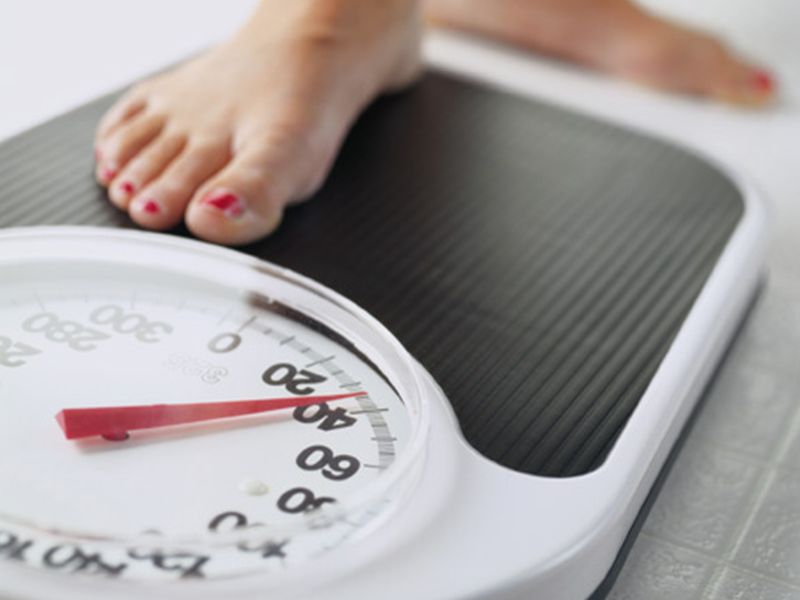MONDAY, Sept. 11, 2017 (HealthDay News) — No one likes looking at their weight on a scale every day, but that may be just the trick that college students need to ward off the dreaded “Freshman 15,” a new study suggests.
Researchers at Drexel University and the University of Pennsylvania found that female freshman students lost more weight when they weighed themselves at least once a day, while those who didn’t failed to shed any pounds at all.
An estimated 70 percent of freshman college students gain weight at school. The average is four to eight pounds. Their weight gain is much greater than in their counterparts in the general population, the study authors noted.
For the new study, the researchers tracked nearly 300 women. The students’ height and weight were measured at the beginning of the study, and again at six months and at two years. The researchers also had the students fill out questionnaires.
College students who weighed themselves at least once daily lost weight over two years, although not a lot.
“The losses … were modest, but still significant, especially keeping in mind that these women were not part of a weight-loss program,” said study researcher Diane Rosenbaum, who was a graduate student at Drexel at the time of the study.
“We did not expect that, in the absence of a weight-loss intervention, folks would be losing weight,” Rosenbaum said in a Drexel news release.
It’s not clear, though, whether there was a cause-and-effect relationship between daily weighing and weight loss.
“It is possible that the relation between self-weighing and weight might be driven by scale avoidance among those who experienced weight gain,” the researchers wrote.
According to Meghan Butryn, an associate professor at Drexel University, “Regularly weighing yourself can motivate you to engage in healthy eating and exercise behaviors, because it provides you with evidence that these behaviors are effective in helping you lose weight or prevent weight gain.”
And, Butryn added, “Similarly, if you see weight gain on the scale, that information can motivate you to make a change.”
The study was published online in the Journal of Behavioral Medicine.
More information
Nutrition.gov has advice for losing weight.
Copyright © 2025 HealthDay. All rights reserved.

